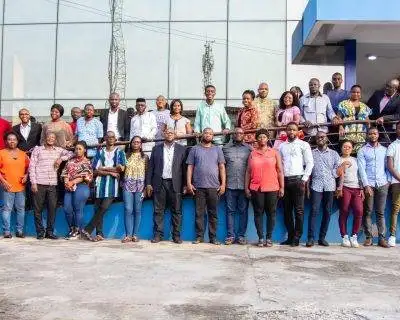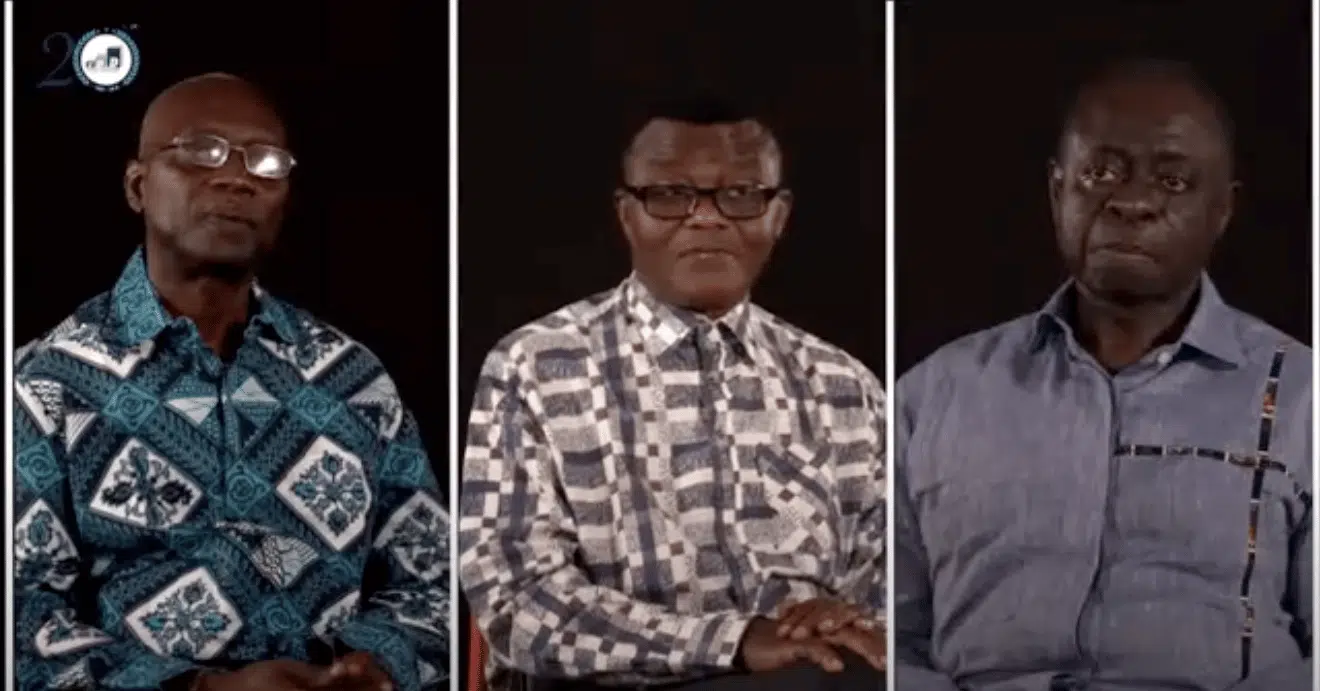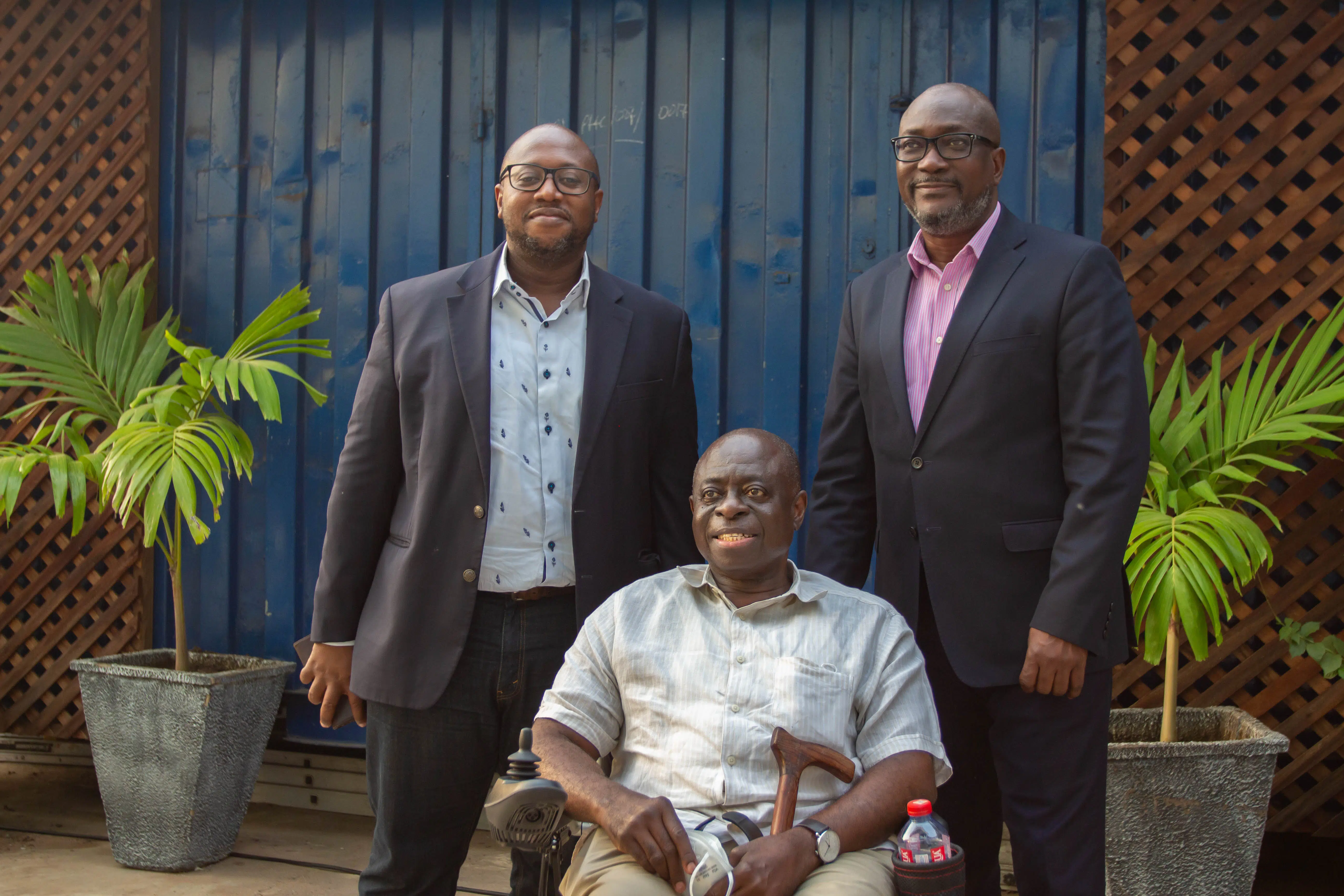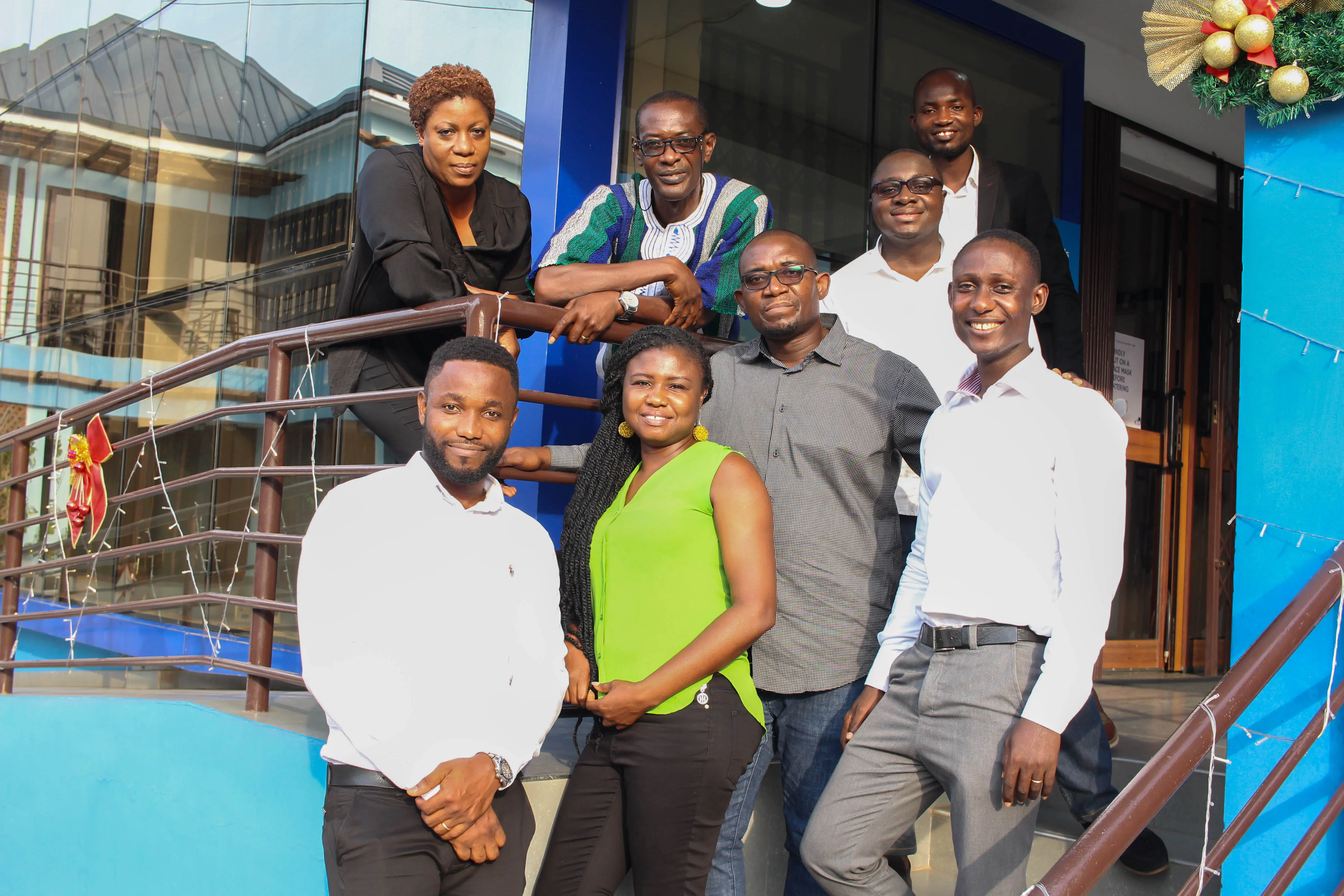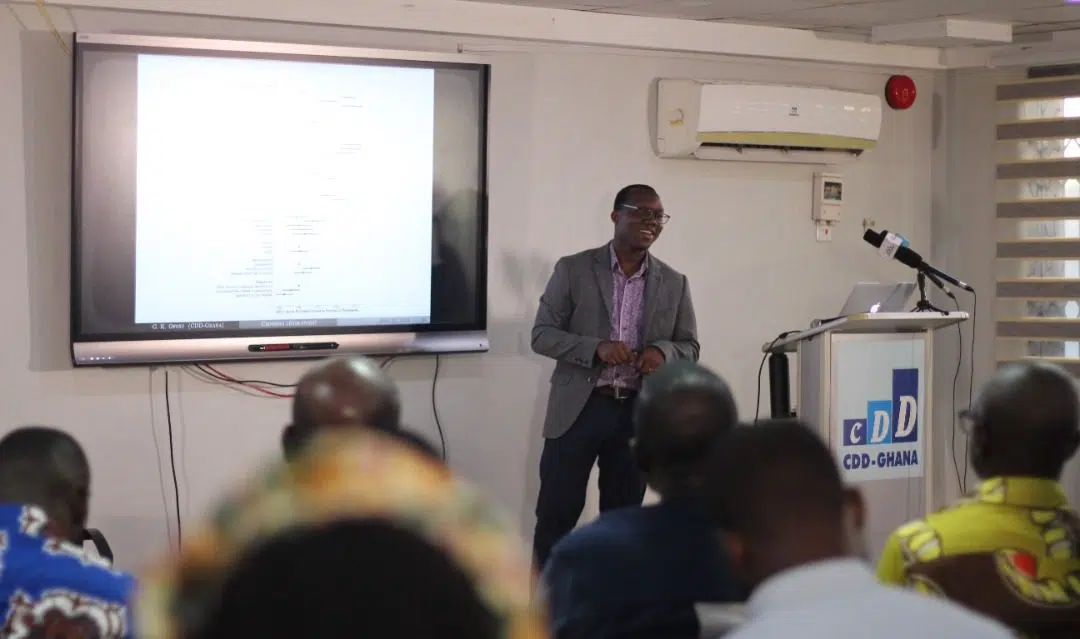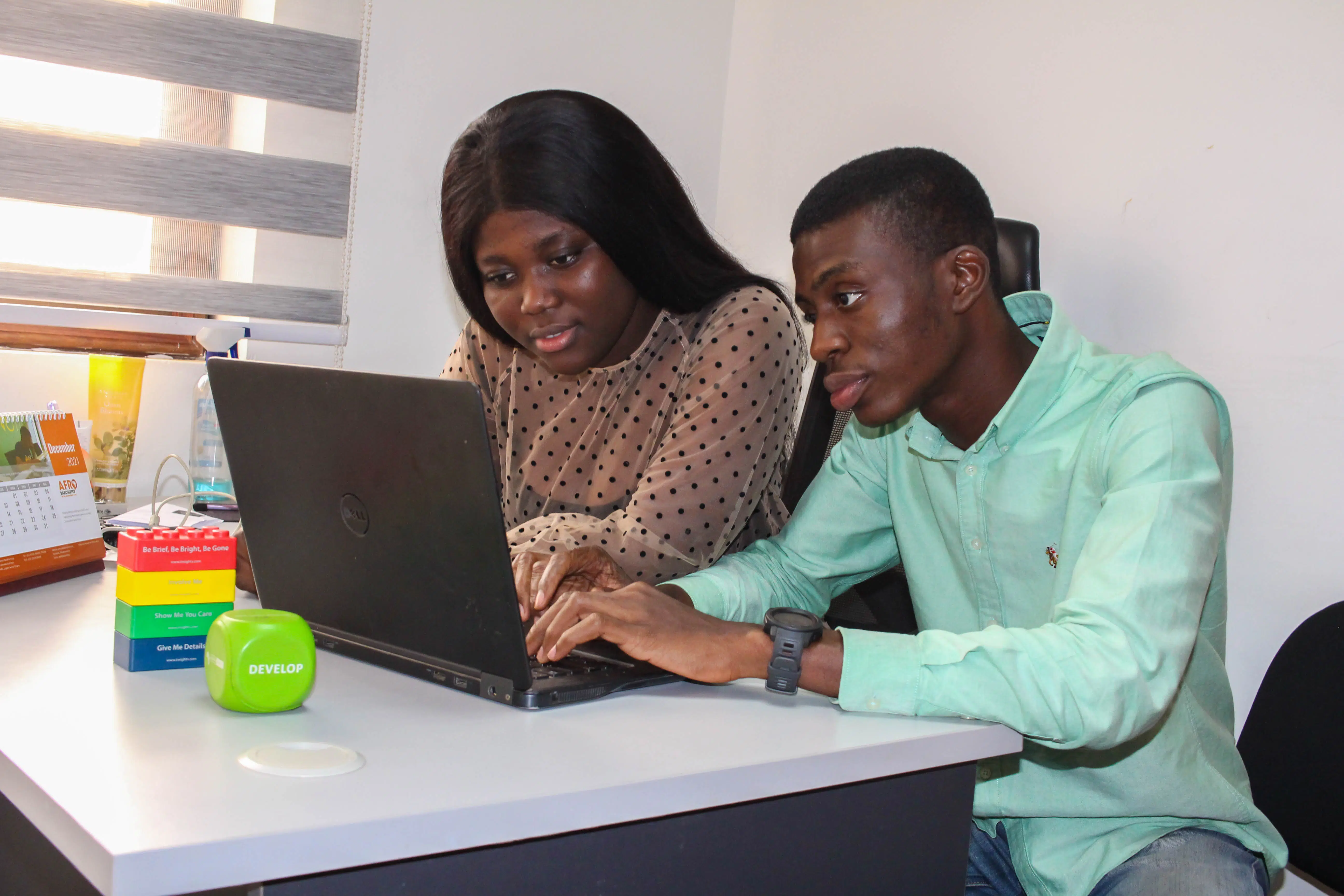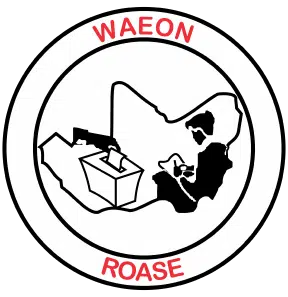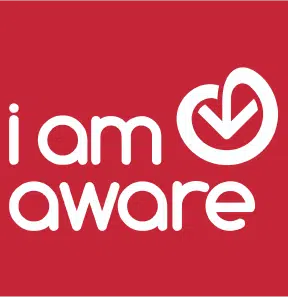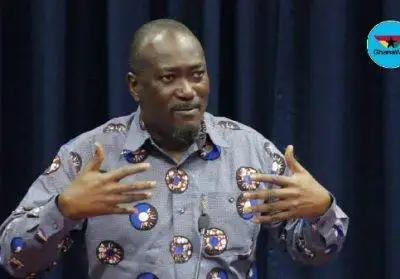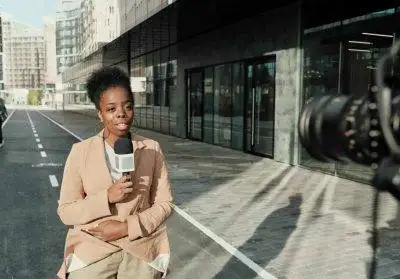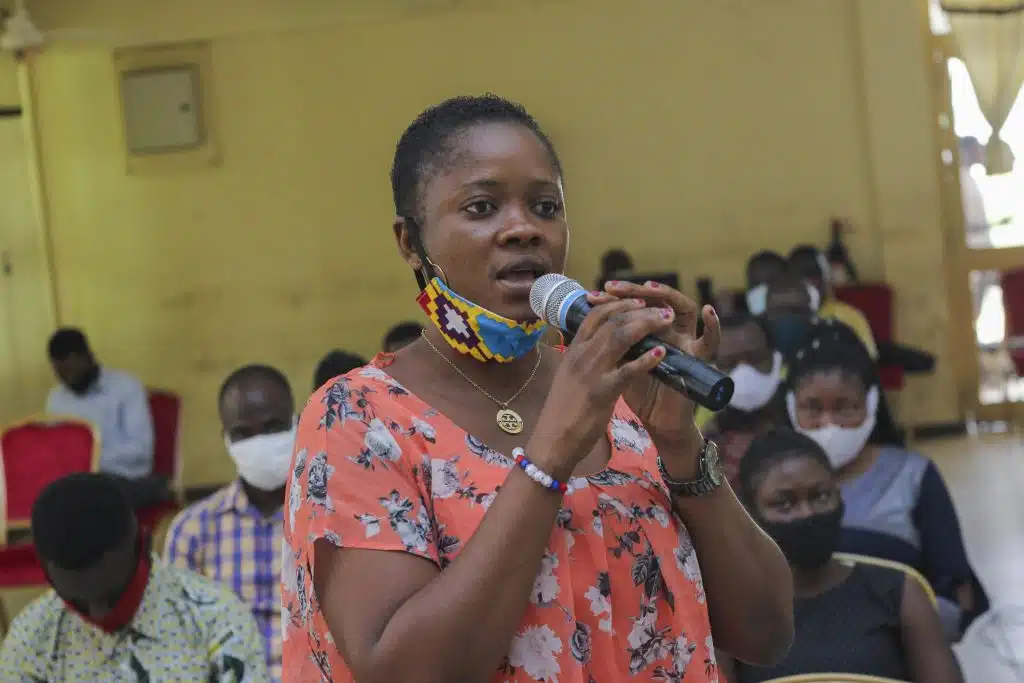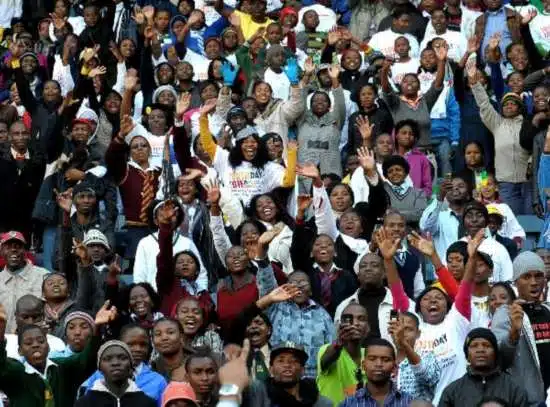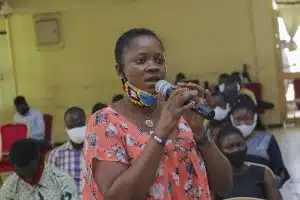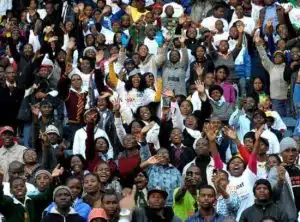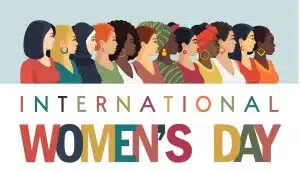Building Trust between Citizens and the Security Agencies in the Context of the COVID- 19 Pandemic
Ghana’s security forces (the Police Service and the Armed Forces) are respected globally, especially for their contributions to peacekeeping in other countries. Our forces have won laurels in their peacekeeping assignments throughout the world. It is expected that our personnel will continue to perform well on the global scale. Back home in Ghana, public perception of our officers is a mixed bag. Our police and military have played different roles at different stages in the country’s history similar to their role in the current struggle to contain the spread of the corona virus pandemic. The effectiveness and public trust of Ghana’s security forces could be evaluated in different ways. Generally, the security services (both police and the military) are hailed for their sacrifices to protect the nation and continue to do so in critical periods. Yet on another scale, the forces have been criticized for their excesses and human rights abuses, and violations of the rules they are supposed to enforce. No matter how one looks at the security forces, the image of our security forces whether at home or abroad, is often defined by how it treats citizens under all circumstances. In this article we discuss a set of policy measures that could be considered to ensure that relationship between the security forces and the citizens are strengthened in a manner that enhances the image of the security forces, as well as creating conducive measures to enable them discharge their constitutional duties. We do this by focusing on the future rather than dwelling on the past, but we do a brief assessment of our security forces in their interactions with civilians during this pandemic. This article stems from the conviction that security forces are a critical national asset that need to be supported to meet citizens’ expectations.
Building public trust in our forces
Security forces of every nation constitute its pride and strength. This is due to its constitutional obligation to protect citizens against external attack and the enforcement of rule of law to ensure that citizens live in peace. To this end, states invest considerably in security personnel and systems ostensibly to ensure that they serve their purpose. Security services fail in their duty if they deviate from this mandate and become a “fear” factor in their relationship with citizens. In other words, a nation’s security forces should be its pride and not its fear. Whether a citizenry has pride in their security forces is often reflected in the trust rating of the security sector institution among citizens. Trust in public institutions is also a crucial indication of how citizens will respond to security sector interventions as well as the success of government policies. Survey conducted by the Afrobarometer on the trust levels in selected institutions in Ghana between 2005 and 2019 show a downward trend in most of the institutions. For instance, trust in the military, one of the most respected security institutions in the country, was at 72% in 2005, dropped to 57% in 2014, peaking at 75% in 2017 and dropping again to 73% in 2019. This means that, a little over 25% Ghanaians do not trust the country’s Military. Citizens’ trust level for the Police Service is even worse. From 67% in 2005, it reduced to 36% in 2014, increased marginally to 41% in 2017 and dropped again to 39% in 2019. As a society we need to look at the factors that are maintaining low trust levels in the police and causing a dent in the military’s trust level. Two things are likely to happen in the post COVID-19 era: the trust in our security forces will either go up or down. That being the case, the security forces themselves being cognizant of the value of trust of citizens to their work must make conscious efforts to build trust using the period of the state of emergency happening now.
How can trust be built in times like this and beyond?
For Ghana to be able to court and maintain citizens respect in its security forces, which is a cardinal tool to attract the cooperation required from citizens to enforce laws and to ensure safety and security in a country, trust building is critical. We look at trust building in citizens from two important perspectives: responsiveness from the security forces and their capacity to meet the expectation of citizens; and respect for the right of citizens.
First, citizens hope that security forces, particularly the Police, will be responsive to their daily needs of protection. For instance, a citizen under attack by armed robbers hopes that the Police will arrive on time to save the situation. In the same way a citizen who goes to a police post to report threat to his life or property hopes that the Police will give him/her the necessary attention and action required, and in timely manner. In a situation where the Police response is lukewarm or does not respond at all, citizens lose trust. In some cases, lack of responsiveness could lead to citizens taking the law into their own hands through self-help. There have been increasing scenes that depict a strained relationship between our security forces and the citizenry. There are video footages and reports of some security personnel allegedly attacking and killing citizens . In similar instances security officers have been allegedly brutalized and some killed. Most of these cases of the security personnel assaulting civilians were recorded during this period of the corona virus pandemic, especially in places affected by the national lockdown directives, prompting some civil society organizations to issue press statements to condemn the actions of security officers. Acknowledging that responsiveness will increase trust in the security forces, bring to the fore the need for the state to prepare the forces for responsiveness by providing the necessary equipment and ensure adequate number of personnel. Responsiveness however goes beyond the mere availability of equipment and personnel. It requires accountability measures and gradual development of a responsiveness culture in which the security forces see their ability to timely and professionally responding to citizens needs as the main factor of their very existence.
Second, the extent to which forces respect the right of civilians, and the manner in which they are treated, builds cumulative mind-set for/or against the forces. As stated earlier, the most critical factor to the image of all security forces is how they treat civilians including alleged criminals or offenders of the law. The underlining principle here is that those who enforce the law must do so within the law. In other words, the law must not be broken to enforce it. Failure to operate within the human rights norms has often engendered public outcry in Ghana. Officers deployed to enforce laws such as under the current situation caused by the Coronavirus pandemic, are often accused of brutalities against civilians. It is no secret that when it comes to respect for human rights and humane treatment of citizens, the country has a number of bad instances of abuse at various stages of its history. As a nation, finding a solution to humane law enforcement appears to be a persistent challenge. Nevertheless, we are hopeful that the efforts being made within the Police Service and the Ghana Armed Forces to overcome this challenge will prove positive. For example, the Ghana Police Service launched its transformational agenda in 2018 with a mission to “ensure excellent policing to change the perception of the public about the Ghana Police Service. Again, the Service has instituted measures to make its personnel on special public assignments to wear body cameras. In fact, the first batch of two hundred and fifty body cameras out of the three thousand ordered for this purpose were delivered to the Police Service in July 2019. These and many other policies have been instituted to improve police professionalism and make them more accountable and responsive in their line of duty. However, these efforts are yet to reflect in any positive change in the police-civilian relations, as demonstrated during their efforts to enforce the lock down directives. Often, responses from the public relations units of the forces sometimes sound defensive, and goes to worsen the limited hopes citizens have in our security services. More so, citizens hardly get information about how reported cases of misconduct of officers were handled. This increases the public mistrust in our security services and derails any efforts in building workable relationship between the services and civilians.
Beyond the current state of emergency, how do we build successes and learn from missteps? First, the forces need to interrogate recent incidents of abuses, maybe going 10 years back, to enable them revise their training curriculum and operational manuals to address challenges identified.
Second, some aspects of the expected standards of human rights conformity of the security forces should be made available to the public and could be used in public education campaigns. Public education campaign on security and expected standards of security enforcement should be extended to our schools from primary to senior high schools as a way to improve respect for rights of citizens on one hand and respect for the rule of law on the other. In the end, creating law abiding citizens will go a long way to make the work of law enforcement officers easy and reduce incidence of human right abuses. In the same way, building professional security agencies that hold rights of citizens in high esteem, will also create a conducive working relationship and attract the expected cooperation from the public to support the work of our security services. Security is a shared responsibility which thrives on mutual respect.
Conclusion
We reiterate the point that our security forces are our national pride and needs the support of government and civilians to enable them discharge their constitutional duties. The security forces also need to continue to invest in the efforts to ensure that they build sustained trust in their relationship with citizens. In post COVID-19 state of emergency, we have no doubt that the trust between the public and the security forces would have improved, if conscious efforts were made in that regard. The reverse would be dangerous for law enforcement in the country. As the Afrobarometer report shows, already citizens trust in the Police service is dwindling, causing a dent in the military trust level. Any further drop of citizens’ trust may increase the disaffection against the forces and lead to entrenched negative vigilante activities in the country. It is the duty of the forces to protect life and property, and to ensure the safety of citizens, but it also requires cooperation from citizens to ensure that total and effective security is provided to the public.

Paul Nana Kwabena Aborampah Mensah is a Senior Programs Officer/Team Leader, Local and Urban Governance and Security Sector Governance at the Ghana Center for Democratic Development (CDD-Ghana).
Yaw Manu Atuobi, Nsawam, Eastern Region.


